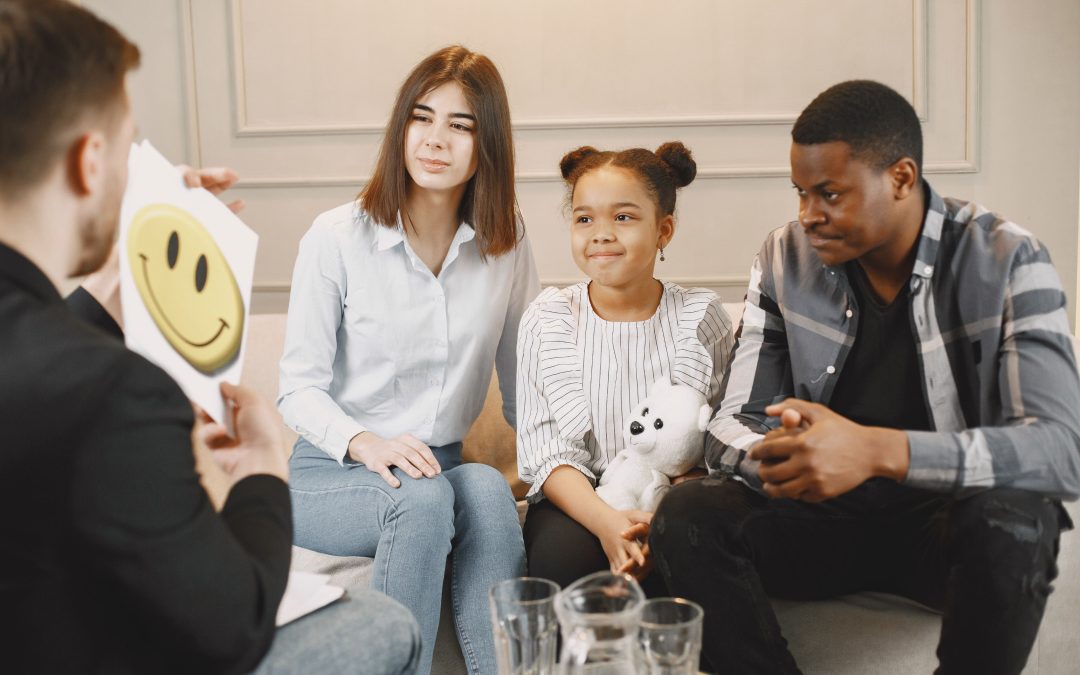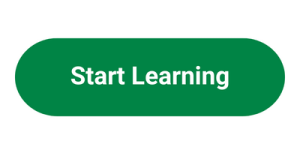Written by Liau Alex
Autism Spectrum Disorder (ASD) is a complex condition that affects how people communicate, interact socially, and repeat certain behaviours. For children with ASD, communicating effectively can be quite challenging and can impact many parts of their everyday lives. Speech therapy is crucial in helping children on the autism spectrum overcome communication difficulties and navigate their world more easily.
Understanding Autism Spectrum Disorder (ASD)
Autism Spectrum Disorder encompasses a wide range of conditions characterised by differences in communication style and social interaction. These differences can include:
- having trouble with talking or understanding language
- finding it hard to understand body language
- preferring routines and things to stay the same.
Each person with ASD has a mix of things they’re good at and things they find challenging, which makes it a diverse and complex condition.
Children with ASD often find it hard to communicate with others. They may have trouble talking at the same pace as other kids or struggle to start or keep a conversation. Understanding phrases that don’t mean precisely what they say, such as the idiom ‘it’s raining cats and dogs,’ can also be tricky for them to grasp. This lack of understanding often leads to echolalia, where the child repeats the word or phrase they do not understand. These communication challenges can make them upset and feel alone because they can’t express themselves as well as they’d like to or connect with others easily.
Role of Speech Therapy in ASD Treatment
Speech therapy plays a vital role in addressing the communication challenges faced by children with ASD. The primary goal of speech therapy for ASD is to improve the individual’s ability to communicate effectively and participate in social interactions. Speech therapists tailor interventions to each child’s specific needs, employing various techniques and strategies to facilitate communication development.
Through structured activities and exercises, speech therapists help children with ASD improve their receptive and expressive language skills. These may include vocabulary building, sentence structure, and pragmatic language use. Additionally, therapists enhance non-verbal communication skills, such as understanding gestures and facial expressions, to support interaction with peers and caregivers.
Benefits of Speech Therapy for Children with ASD
Speech therapy offers a multitude of benefits for children with ASD, extending beyond improved communication skills. By addressing communication challenges, therapy can significantly enhance social interactions and foster connections. As children learn to express themselves more effectively, they experience increased confidence and independence in navigating social situations.
Furthermore, speech therapy provides children with ASD with essential tools for self-advocacy and self-expression, empowering them to communicate their needs and preferences. By equipping them with effective communication strategies, therapy enables children to participate more actively in academic settings, social settings, and daily routines.
Tips for Parents of Children with ASD Receiving Speech Therapy
Parents play a crucial role in supporting their child’s progress in speech therapy. Here are some tips to enhance the effectiveness of treatment and promote communication development at home:
- Encourage consistent practice at home: Implement speech therapy exercises and strategies into daily routines to reinforce learning and promote skill generalisation.
- Collaborate with speech therapists and other professionals: Maintain open communication with your child’s speech therapist and other members of their treatment team to ensure a cohesive approach to intervention.
- Patience and persistence in the therapy process: Recognize that progress may take time, and setbacks are a natural part of the learning process. Stay patient and persistent, celebrating small victories along the way.
Speech therapy serves as a cornerstone of support for children with Autism Spectrum Disorder, offering tailored interventions to address their unique communication needs. By equipping children with effective communication skills, therapy empowers them to navigate social interactions, express themselves confidently, and engage meaningfully with the world around them. Through collaborative efforts between speech therapists, parents, and other professionals, children with ASD can unlock their full potential and thrive in their communication journey.
Free Course: Understanding the Autism Spectrum Disorder
This psychology class delves into the world of autism spectrum disorder (ASD) and its effects on kids as they grow. The learning content discusses various child development theories and practical ways to support children with autism. Additionally, the course explores the different levels of autism on the spectrum and touches on other common developmental challenges children face.
By the end of the course, you’ll better understand autism and how it influences childhood. Plus, you’ll gain practical tips on supporting children with autism. Enrol for free and learn more about the fascinating world of autism and childhood development.
Explore more courses by Alex Liau Alex here.
About The Author
Liau Alex obtained his degree in Psychology from the National University of Singapore and specialises in childhood disorders, specifically learning and behavioural difficulties. He has many years of experience working with children exhibiting a wide array of learning and behaviour challenges, many of whom have been diagnosed with autism spectrum disorder (ASD).
As an author, Alex has two titles published by Future Horizons Inc. (USA), the world leader in autism and sensory resources. Schools worldwide have used his books for inclusive education and parent training for children with special needs. Titles under his name include School Shadow Guidelines (2015) and A Parent’s Guide to Early Intervention (2021).
Alex received training on early intensive behavioural intervention (EIBI) in Australia and subsequently went to the USA, where he received relationship development intervention (RDI) training under Dr Steven Gutstein and Dr Rachel Sheely. He has presented in Australia, Houston, and Singapore and has also been invited to participate in media interviews. Furthermore, he has worked with clients from across the globe, including China, Taiwan, Australia, the United Kingdom, and the United States.









